
Scientists Successfully Rejuvenate a 53-Year-Old Woman’s Skin Cells by 30 Years
The fields of regenerative medicine and cellular biology are advancing rapidly, demonstrating that some aging-related processes may be more reversible than previously thought.
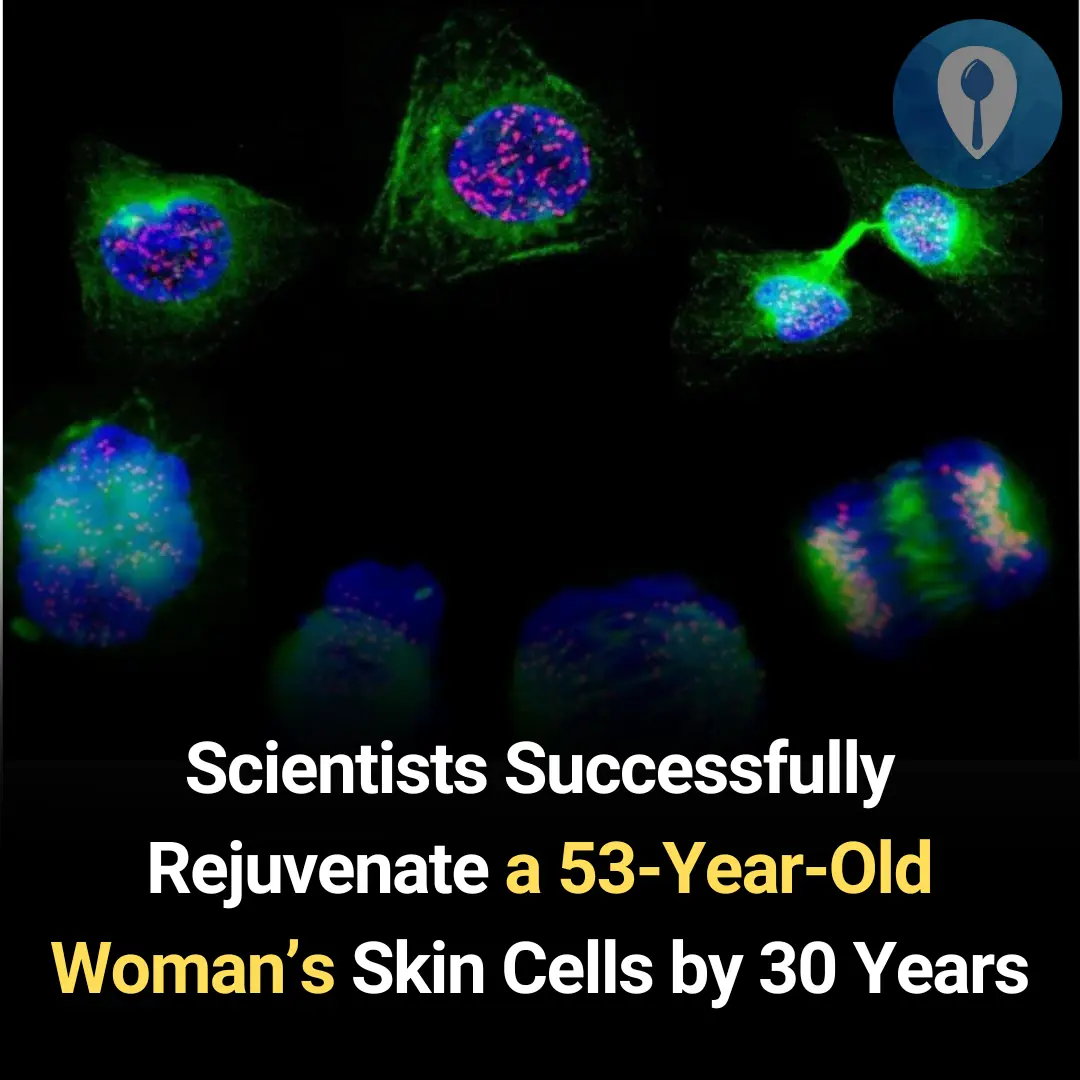
Recent research has shown that it is possible to rejuvenate the skin cells of a 53-year-old woman by 30 years, a groundbreaking scientific achievement that could redefine modern approaches to treating age-related diseases.
Understanding Cellular Aging
Cellular aging is a complex process marked by gradual changes in cell structure and function. Over time, alterations in gene expression, DNA damage accumulation, and reduced tissue regeneration capacity occur.
These changes increase susceptibility to chronic and degenerative diseases such as osteoarthritis and fibrosis. Scientific research aims to understand the underlying mechanisms of aging to develop interventions that slow down, stop, or even reverse some of its effects.
Cellular Reprogramming: A Key to Reversing Aging
In 2006, Nobel Prize-winning scientist Shinya Yamanaka revolutionized regenerative medicine by discovering that adult somatic cells could be reprogrammed into a state similar to embryonic stem cells. This was achieved by introducing four transcription factors—Oct4, Sox2, Klf4, and c-Myc—now known as Yamanaka factors.
Cells reprogrammed using this method, called induced pluripotent stem cells (iPSCs), can differentiate into various cell types. However, this complete reprogramming erases a cell’s original identity, making therapeutic applications more challenging.
To overcome this limitation, researchers developed a method called Maturation Phase Transient Reprogramming (MPTR), which partially reverses aging without completely transforming cells into stem cells.
A study published in the journal eLife describes MPTR as a technique where cells are reprogrammed to an intermediate rejuvenation state before stopping the process, ensuring they retain their original function.
How Scientists Reversed 30 Years of Aging in Skin Cells
One of the most remarkable findings of the study is that fibroblast cells (skin cells) from a 53-year-old woman displayed gene expression and epigenetic markers similar to those of a 23-year-old person.
These results were assessed using epigenetic clocks, a method that estimates a cell’s biological age based on DNA methylation patterns.
Key Findings:
🔹 Reversal of Age-Associated DNA Methylation – During MPTR, certain DNA regions that were methylated in aged cells regained a pattern more similar to younger cells.
🔹 Increased Collagen Production – The rejuvenated cells boosted production of collagen types I and IV, essential proteins for maintaining skin structure and elasticity.
🔹 Preservation of Cell Identity – Once the reprogramming factors were removed, the fibroblasts retained their identity and did not transform into pluripotent stem cells, a crucial factor for safe therapeutic applications.
Clinical Implications and Potential Applications
The ability to reverse a cell’s biological age without erasing its identity lays the foundation for the development of age-reversal therapies, with potential applications in:
✔️ Dermatological Treatments – Rejuvenated skin cells could lead to new treatments for chronic wounds, ulcers, and premature aging.
✔️ Degenerative Disease Treatment – Conditions like arthritis and pulmonary fibrosis could benefit from restoring partial cell function, improving patients’ quality of life.
✔️ Preventive Medicine – Delaying or reversing cellular aging traits could reduce the incidence of chronic diseases, potentially extending healthy lifespan.
However, it is important to note that this technique is still in the experimental phase and must undergo rigorous clinical trials to confirm its effectiveness, safety, and feasibility in human applications.
The Role of Epigenetics in Anti-Aging Research
Epigenetics refers to chemical modifications that regulate gene activity without changing the DNA sequence. One of the most studied mechanisms is DNA methylation, which controls gene activation but undergoes alterations with age, contributing to aging-related changes.
MPTR’s ability to restore youthful epigenetic markers suggests that the biological clock can be reset, reversing age-related cellular characteristics. This approach provides significant advantages over other therapies by avoiding risks associated with complete dedifferentiation (losing a cell’s identity).
Final Thoughts
The study demonstrating the rejuvenation of a 53-year-old woman’s skin cells by 30 years represents a major breakthrough in anti-aging research. By allowing cells to retain their original function, the Maturation Phase Transient Reprogramming (MPTR) technique presents a safer and more effective foundation for future clinical applications.
The prospect of “resetting” the biological clock without permanently altering cellular function offers a unique opportunity to treat age-related diseases and, potentially, prevent them altogether.
News in the same category


Here’s Why You Shouldn’t Sleep With A Fan At Night
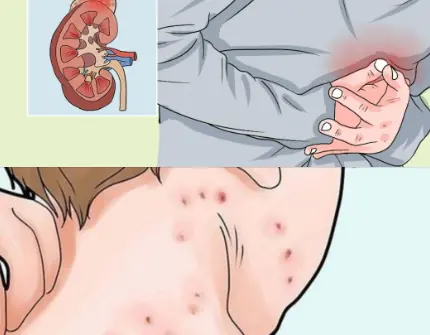
Early Signs of Kidney Disease & How to Protect Your Kidneys (Evidence Based)

4 types of vegetables that cancer cells fear the most, doctors remind: eating a little bit often is good for your health

What Are Eye Floaters? Here What To Do If you Start Seeing Them, According to an Eye Doctor
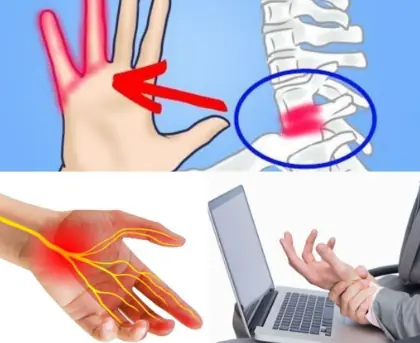
Reasons You Could Have Numbness or Tingling Sensations in Your Hands

Son took his mother to a nursing home and only visited her from time to time

Take this and stick it in a lemon and leave it in the corner of the house
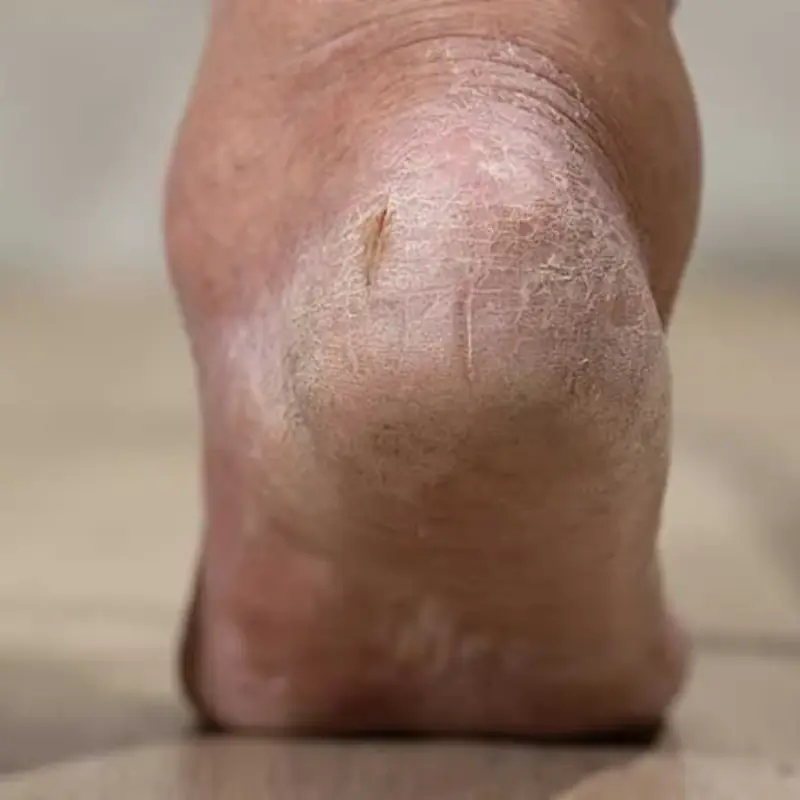
These 5 Changes in Your Feet Might Be Linked to Kid.ney Health Issues
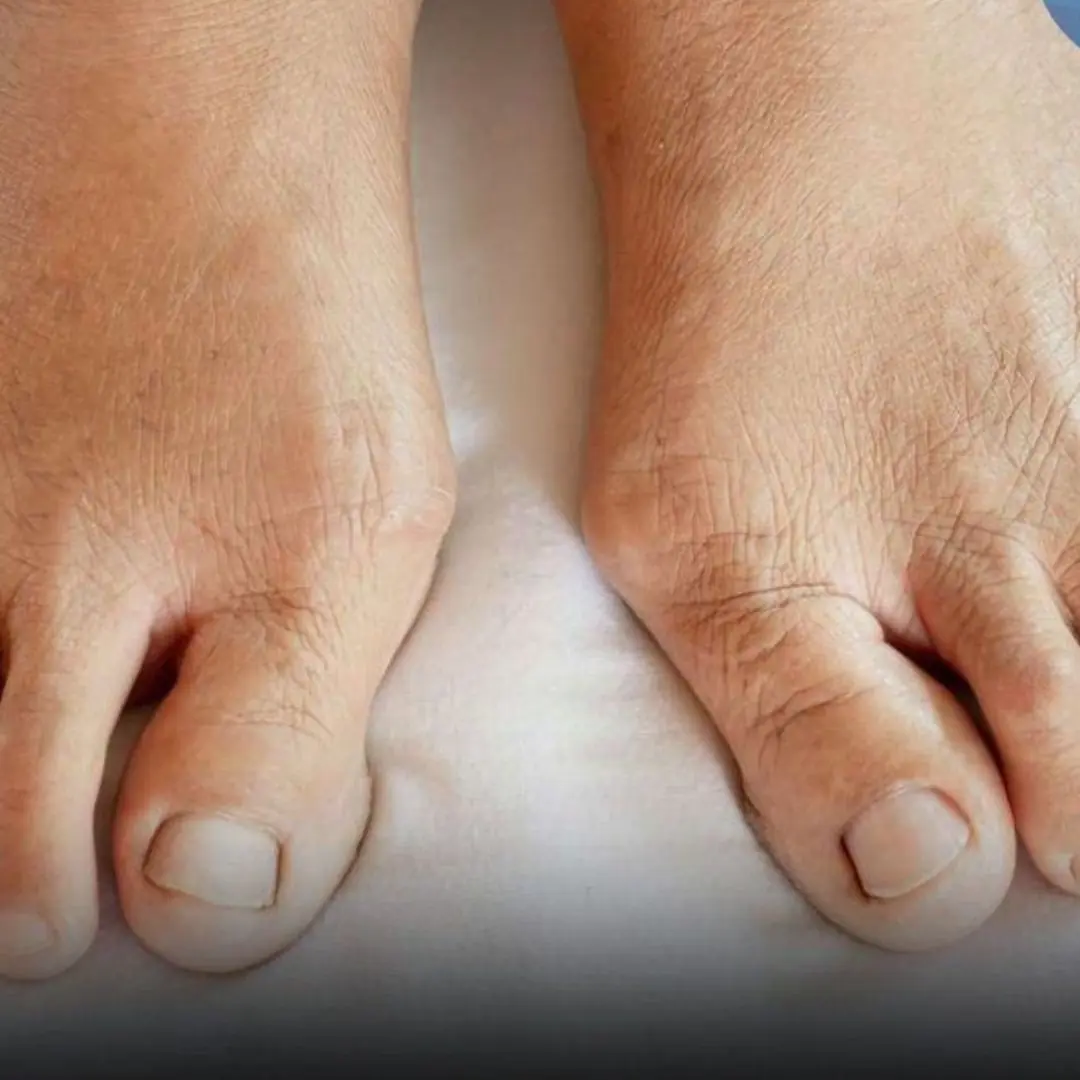
To know if your internal org.ans are infected, just look at your feet. If there are 3 signs, you need to go to the emergency room

These red dots on your skin may mean more than you think

The effect of stewed chicken feet with black beans is as good as ginseng

The Meaning Of The Intriguing Gesture Of Scratching The Palm Of Another Person’s Hand

Okra Is Nutritious, but These 5 Groups of People Should Avoid It
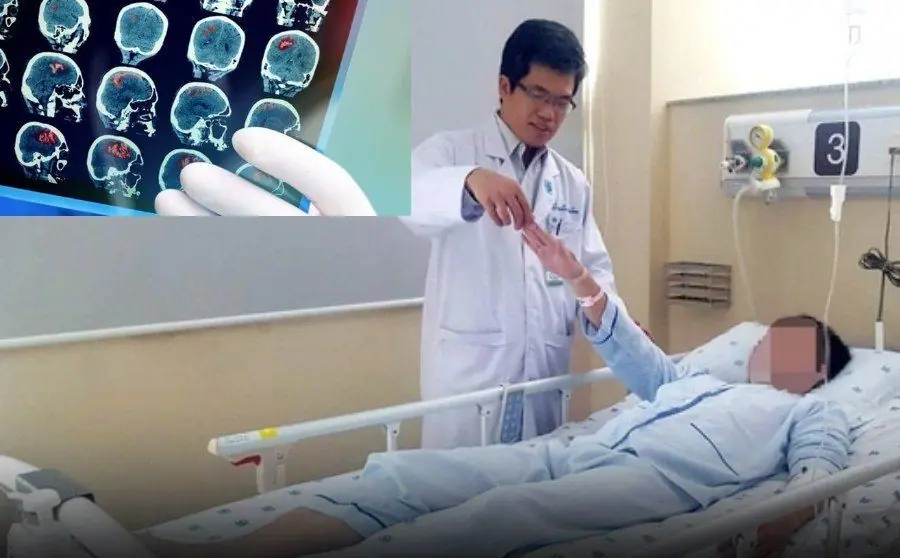
Every morning when you wake up, you must pay attention to your health

If you notice someone with prominent veins, make sure they hear this advice
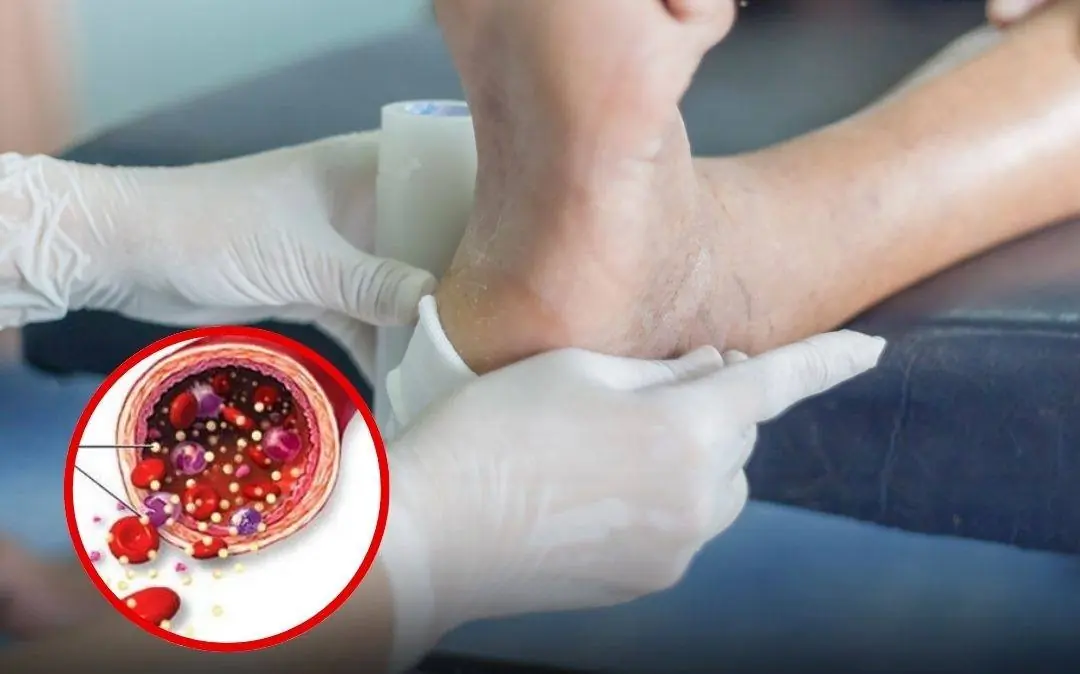
Too many people with irregular bl.o.od sugar levels don’t notice the signals their bodies give!

5 Dangerous Habits That Are Destroying Your Liver — Stop Them Now Before It’s Too Late

1 minute to “check your kidneys” at home: Strong or weak, you can tell at a glance — advice from a veteran physician with 40 years of experience

Persistent pain in certain areas of the body can be a warning sign of kidney damage or kidney disease
News Post

Getting up to pee often in the night could be a symptom linked to...

Here’s Why You Shouldn’t Sleep With A Fan At Night

Early Signs of Kidney Disease & How to Protect Your Kidneys (Evidence Based)

4 types of vegetables that cancer cells fear the most, doctors remind: eating a little bit often is good for your health

What Are Eye Floaters? Here What To Do If you Start Seeing Them, According to an Eye Doctor

Reasons You Could Have Numbness or Tingling Sensations in Your Hands

Son took his mother to a nursing home and only visited her from time to time

Take this and stick it in a lemon and leave it in the corner of the house

These 5 Changes in Your Feet Might Be Linked to Kid.ney Health Issues

Put ginger next to your pillow when sleeping: A simple secret for good health and sleep

Strawberry Banana Cream Cake

Why do dogs ba.rk and bi.te some people but not others? There's always a reason!

To know if your internal org.ans are infected, just look at your feet. If there are 3 signs, you need to go to the emergency room

These red dots on your skin may mean more than you think

The effect of stewed chicken feet with black beans is as good as ginseng

The Meaning Of The Intriguing Gesture Of Scratching The Palm Of Another Person’s Hand

Okra Is Nutritious, but These 5 Groups of People Should Avoid It

Packed with powerful nutrients, these 3 humble vegetables are hailed in Japan

Every morning when you wake up, you must pay attention to your health
